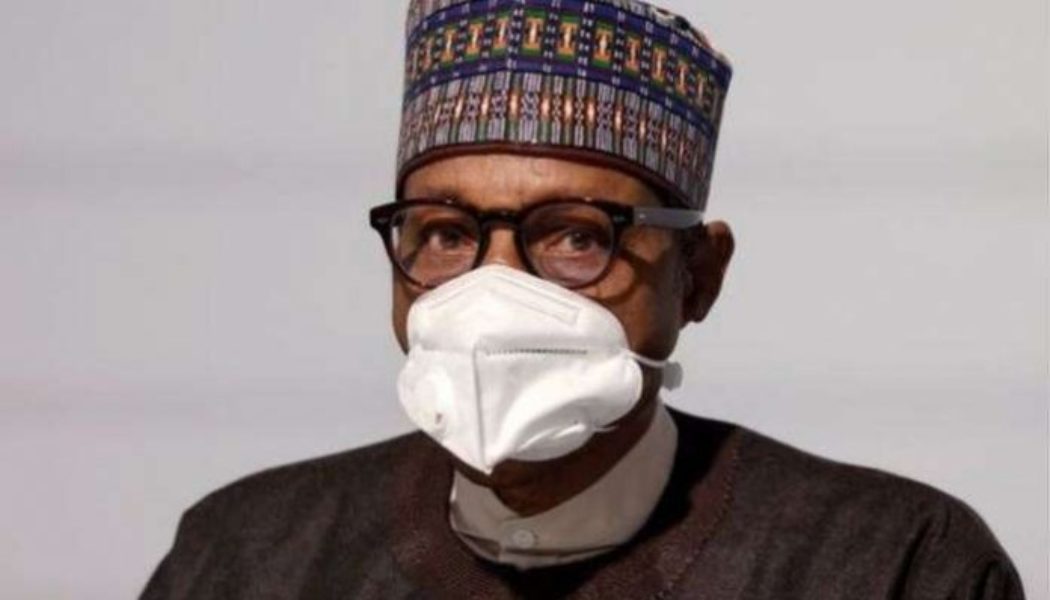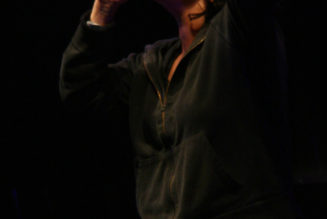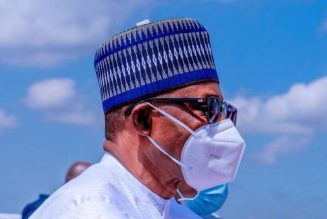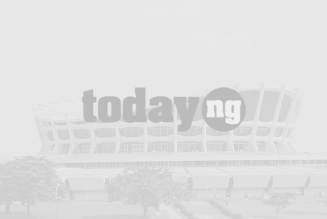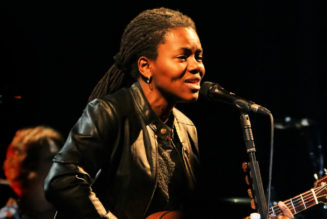
President Muhammadu Buhari has said the hard choices made by his administration to tackle the coronavirus pandemic ravaging the world have yielded successful impacts.
The president, who addressed Nigerians in a nationwide broadcast on Saturday to mark the 2021 Democracy Day, was referring to some measures, including travel restrictions across the states of the federation and beyond, compulsory use of nose masks, hand washing protocols and other relevant protocols instituted to limit spread of the virus.
Mr Buhari said; “Our response to the pandemic involved making hard choices in balancing livelihoods and public health concerns.
“You are all living witnesses to how successful this has been due to a number of proactive measures put in place. Our response to COVID-19 is globally acclaimed.
“We were able to ensure that the various lockdown measures did not impact too negatively on the ability of ordinary Nigerians to continue sustaining their livelihoods.”
It has been 16 months since Nigeria reported its COVID-19 index case in an Italian traveller. Since then, over 160,000 infections have been recorded in the country. This has led to more than 2,000 deaths.
While Nigeria, like most African countries, has not suffered from the worst effect of the pandemic, unlike its European and American counterparts, the Nigerian government was slow to take action against the virus.
To limit the spread of the virus, the World Health Organisation (WHO) had urged countries to “detect, test, treat, isolate, trace, and mobilise their citizens to ensure that those with just a handful of cases could prevent the wider spread of the deadly virus.”
It also warned that porous borders, a continuing flow of travellers and poorly resourced healthcare systems meant the risk of an outbreak across Africa was very high.
Health professionals, including the Nigerian Medical Association (NMA), warned the Nigerian government to shut its skies and borders to prevent further importation of the virus from European and Asian nations where the disease had started to spread.
But the government appeared not to heed that advice until the country’s caseload rose to at least 30. International flights were still operating despite rising cases overseas, making Nigeria particularly vulnerable.
On March 18, 2020, the government announced it was restricting entry into the country for travellers from China, Italy, Iran, South Korea, Spain, Japan, France, Germany, U.S., Norway, UK, Switzerland, and the Netherlands. All five cases reported that day came from some of the blacklisted countries.
President Buhari had declared a two-week lockdown of Lagos, Abuja and Ogun during his first address on the pandemic on March 29 to enable the country to tackle the coronavirus pandemic.
On April 12, the president addressed the nation again on the same issue and announced the extension of the lockdown by another two weeks.
This was followed by other lockdowns at interval and inter-state travel bans on non-essential commodities.
June 12 is one of the most memorable days in Nigeria’s political history. It is the day that what is regarded as the country’s freest and fairest presidential election was held.
The election result was cancelled and the presumed winner, Moshood Abiola, later detained. The Buhari administration declared June 12 Democracy Day, although the country also celebrates May 29 as the day of transfer of power between administrations.
“When this administration decided to change our Democracy Day from 29 May to June 12 in my first tenure, it was not only to honour the sacrifices of the men and women of our country who fought for the return to democracy but also to demonstrate our commitment to satisfy the aspirations of the people and creating an environment for democracy to be an accepted way of life,” Mr Buhari said in his speech.
